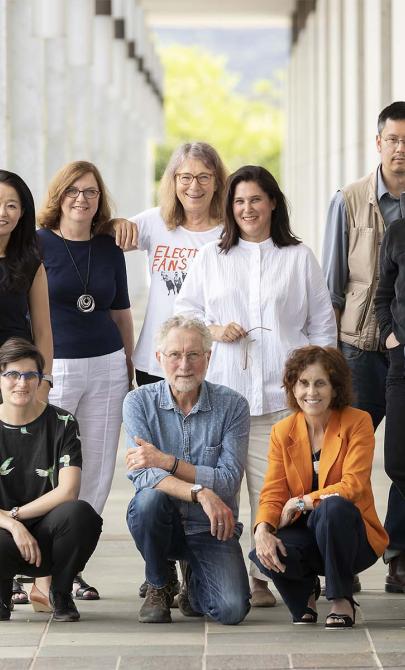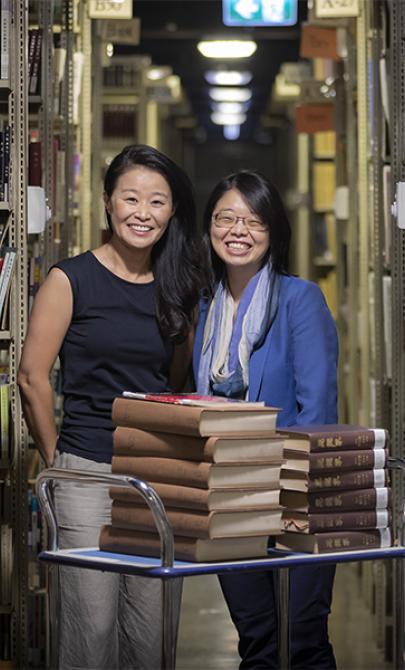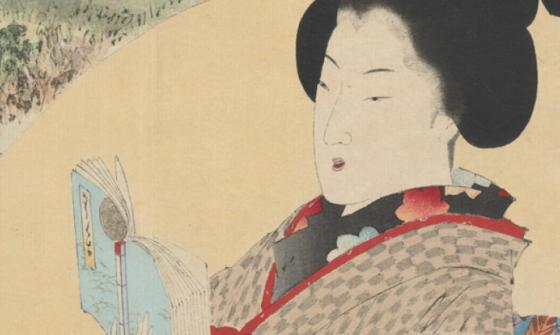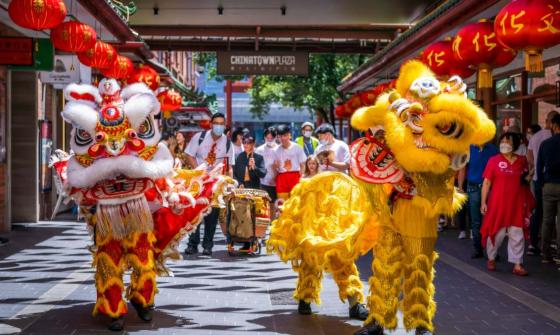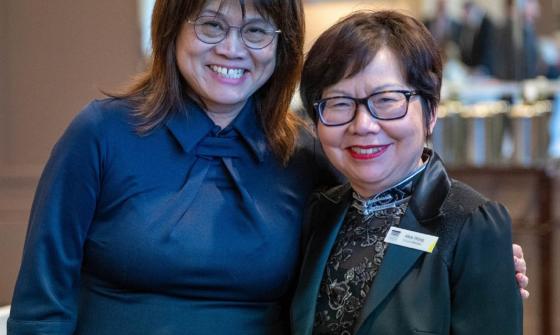Asia Study Grants
About Asia Study Grants
The Asia Study Grants program provided researchers and PhD students with opportunities to research our Asian language and Asia-related collections.
While this program is no longer offered by the Library, researchers and PhD students working in the field of Asian Studies are able to apply for the National Library of Australia Fellowships and National Library of Australia Scholarships programs. Both of these programs offer dedicated Fellowships and Scholarships in the field of Asian Studies.
Find out more information about our rich and varied Asian collections.
Meet our grant recipients
We awarded 5 Asia Study Grants for residencies in 2025. Be inspired by our grant recipients and their work, and find out more about previous scholars.
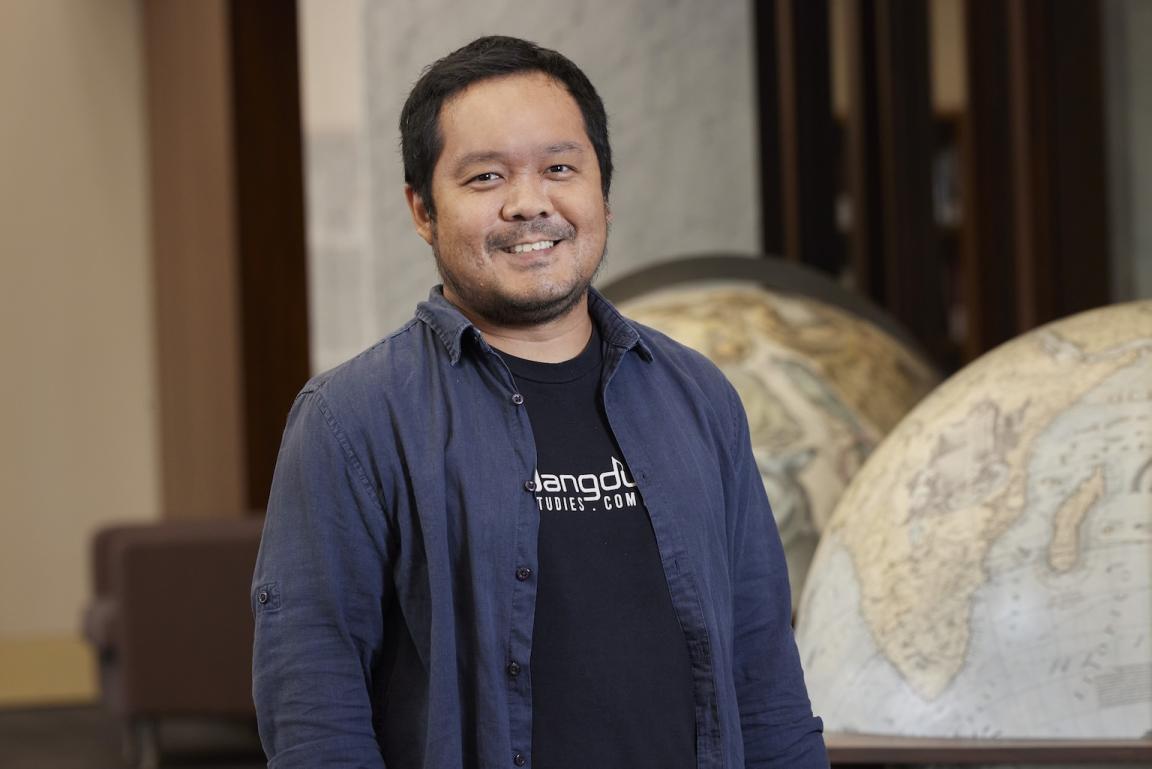
2025 Asia Study Grant recipient, Mr Michael Haryo Bagus Raditya
2025 Asia Study Grant recipient, Mr Michael Haryo Bagus Raditya
